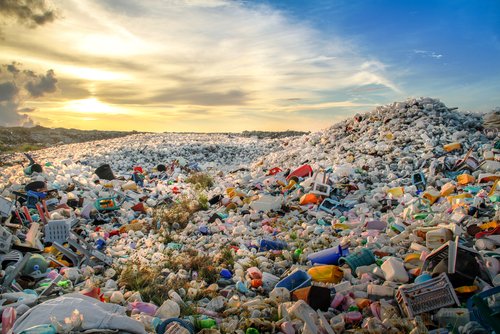Belgium (Brussels Morning newspaper) A new plant to recycle plastic waste will be developed in Antwerp aimed at importing and processing tonnes of plastic from southern Europe as of 2025.
Synpet Technologies and Kolmar Group
The investors behind the sustainable project are the Turkish-Belgian company Synpet Technologies and the Swiss Kolmar Group, who will finance 100 million euros to build a large recycling plant in the port of Antwerp, according to Belga News Agency.
“Our first plant will be located in the port of Antwerp, in the heart of one of the largest chemical clusters in Europe,” said Cem Ozsuer, CEO of Synpet Technologies, in a press release. “We are very proud to invest in the heart of Flanders, in one of Europe’s most renowned and well-equipped ports.”
The company had initially planned to set up in Genk. However, as Synpet will be importing a lot of southern European plastics, Antwerp was considered a more strategic location due to its facilities.
“We will make a sustainable contribution to the Flemish region by tackling the problem of plastic waste, reducing carbon emissions, and creating sustainable jobs,” said Ozsuer. “The plant will create 70 new jobs in the Antwerp region and another 25 in Brussels.”
Kolmar Group has taken a stake in Synpet in an initial financing round. In the first phase in 2025, the companies aim to process 180,000 tonnes of wet-rejected plastic waste a year.
By 2030, Synpet aims to have a processing capacity of 1 million tonnes of plastic waste. It will be processed using “advanced technology” to produce circular naphtha, a primary raw material from which the industry makes plastic.
Indaver
On 27 September 2022, waste treatment company Indaver laid the foundation stone of a new plastics recycling plant in the Antwerp area of the Port of Antwerp-Bruges in Flanders. The plant saw an investment of 100 million euros and it is scheduled to be completed by early 2024.
“With this new plant we are going to recycle plastics in a unique way,” said Erik Moerman, director of the new Plastic2Chemicals (P2C) facility.
Indaver will focus on recycling polyolefins and polystyrene. The latter can be found in yogurt jars, and it will be transformed into styrene. This styrene is so pure, Moerman said, that it can be reused to make a new yogurt jar, with no loss of quality.
“Polyolefins, on the other hand, are mainly found in plastic foils. They are a group of thermoplastics that include polyethylene and polypropylene. We are also going to remove those chemical components from the foils, allowing chemical companies to make new foils of the same quality with the same basic substances,” Moerman added.
The research for the recycling plant was carried out in collaboration with several of Flanders’ top-notch universities. Test phases have been running since 2017 and proved that the process also works effectively with real waste streams.
The project received 7.5 million euros in support from the government of Flanders.




